60 Woodlawn Street
West Hartford
CT 06110
USA
Phone: 860-233-6251
Toll-free: 877-295-3472

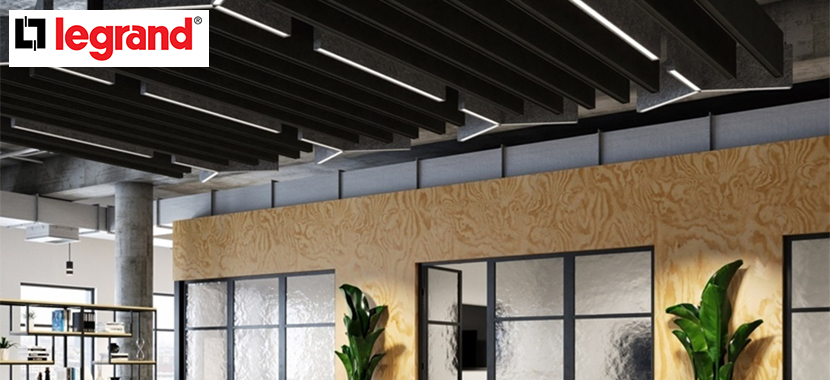
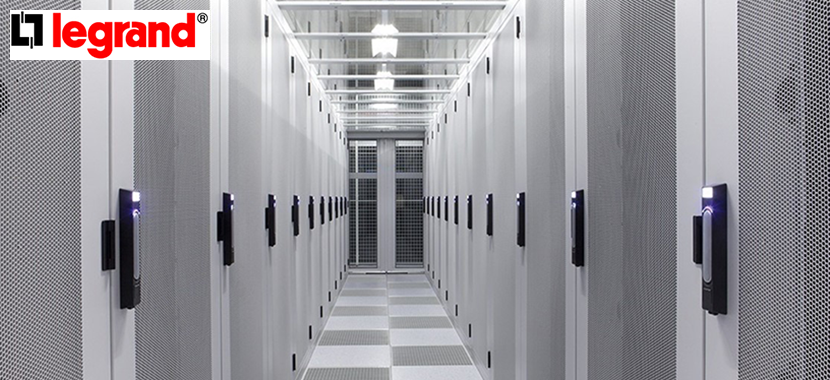


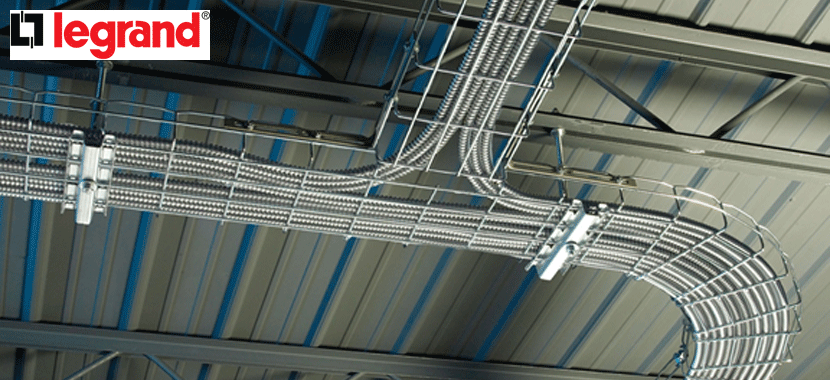

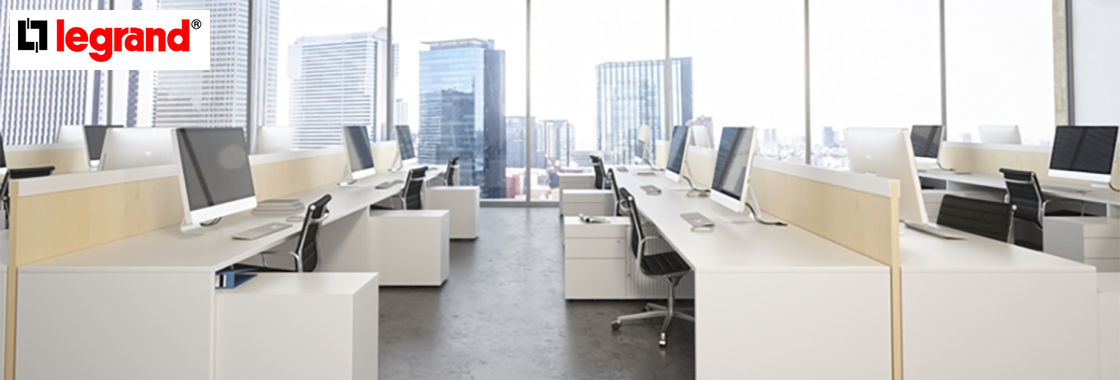
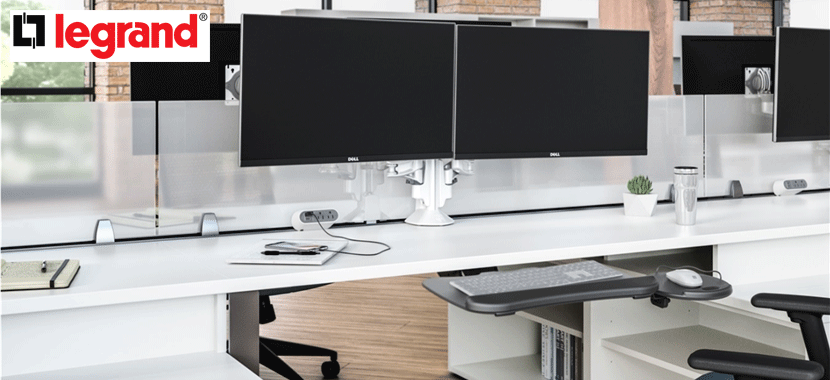
Displaying 11 course(s).
Scan this code with your mobile device camera to take this page on-the-go!

https://redirect.aecdaily.com/s525798/www.aecdaily.com/course/1028895
 Energy codes at the federal, state, and local levels increasingly focus on reducing energy consumption, saving consumers money, and reducing CO2 emissions. Whether new or recently updated, energy codes play an essential role in the buildings we design, build, and ultimately live, work, and play in. This course examines the lighting requirements and provisions of ASHRAE Standard 90.1-2019 and the 2021 International Energy Conservation Code ® , with a focus on plug and lighting control strategies for energy efficiency.
Energy codes at the federal, state, and local levels increasingly focus on reducing energy consumption, saving consumers money, and reducing CO2 emissions. Whether new or recently updated, energy codes play an essential role in the buildings we design, build, and ultimately live, work, and play in. This course examines the lighting requirements and provisions of ASHRAE Standard 90.1-2019 and the 2021 International Energy Conservation Code ® , with a focus on plug and lighting control strategies for energy efficiency.
Scan this code with your mobile device camera to take this page on-the-go!

https://redirect.aecdaily.com/s525798/www.aecdaily.com/course/965090
 Today’s buildings are evolving from independently functioning structures to intelligent buildings that interact with occupants and surrounding buildings. This trend has impacted the design, operation, and maintenance of data centers around the globe due to the increased demand for data and digital communication and has resulted in more high-performance data centers. This presentation addresses the specific needs of data centers and presents high-performance design solutions that support sustainable design.
Today’s buildings are evolving from independently functioning structures to intelligent buildings that interact with occupants and surrounding buildings. This trend has impacted the design, operation, and maintenance of data centers around the globe due to the increased demand for data and digital communication and has resulted in more high-performance data centers. This presentation addresses the specific needs of data centers and presents high-performance design solutions that support sustainable design.
Scan this code with your mobile device camera to take this page on-the-go!

https://redirect.aecdaily.com/s525798/www.aecdaily.com/course/916201
 Flexible work scheduling, telework, virtual work, and the high cost of office space are some of the drivers of the 21st century workspace. This open, flexible, adaptable, and casual space must still serve not only the technological needs of its users, but also the accessibility needs of a diverse population. This course examines the technical requirements for providing accessibility, universal design, and ergonomics in an open office space and looks at a variety of solutions in the functional areas of the office: open office areas, the workspace, and collaboration areas.
Flexible work scheduling, telework, virtual work, and the high cost of office space are some of the drivers of the 21st century workspace. This open, flexible, adaptable, and casual space must still serve not only the technological needs of its users, but also the accessibility needs of a diverse population. This course examines the technical requirements for providing accessibility, universal design, and ergonomics in an open office space and looks at a variety of solutions in the functional areas of the office: open office areas, the workspace, and collaboration areas.
Scan this code with your mobile device camera to take this page on-the-go!

https://redirect.aecdaily.com/s525798/www.aecdaily.com/course/1017988
 Power and charging requirements for hospitality facilities are changing radically and rapidly. This course examines the options for and benefits of supplying power and charging outlets in walls, furniture, headboards, nightstands, public seating, and public gathering spaces, including outdoor areas, as well as the applicable codes for furniture-based power outlets. The course concludes with an overview of the benefits of occupancy sensors and auto-off switches in guest rooms and the installation requirements to comply with energy and electrical codes.
Power and charging requirements for hospitality facilities are changing radically and rapidly. This course examines the options for and benefits of supplying power and charging outlets in walls, furniture, headboards, nightstands, public seating, and public gathering spaces, including outdoor areas, as well as the applicable codes for furniture-based power outlets. The course concludes with an overview of the benefits of occupancy sensors and auto-off switches in guest rooms and the installation requirements to comply with energy and electrical codes.
Scan this code with your mobile device camera to take this page on-the-go!

https://redirect.aecdaily.com/s525798/www.aecdaily.com/course/551827
 Expansion or modification of electrical cabling is rarely considered yet occurs during the lifetime of most buildings. Expansion of in-wall cabling requires additional work, trades, and possibly electrical service interruption, but cable tray facilitates removal and addition of cabling. This course reviews two types of cable tray—ladder tray and wire mesh tray—their components, characteristics, and applications and code-related installation information.
Expansion or modification of electrical cabling is rarely considered yet occurs during the lifetime of most buildings. Expansion of in-wall cabling requires additional work, trades, and possibly electrical service interruption, but cable tray facilitates removal and addition of cabling. This course reviews two types of cable tray—ladder tray and wire mesh tray—their components, characteristics, and applications and code-related installation information.
Scan this code with your mobile device camera to take this page on-the-go!

https://redirect.aecdaily.com/s525798/www.aecdaily.com/course/836152
 Power and charging needs in hotels, offices, and lobbies have changed due to emerging trends in how people use their electronic devices. Modern users require more and better access to charging. This need combined with the rise of the USB-Type C Standard, new furniture-based power technology, and the challenges of open space design requires designers to apply a new strategy for power/charging outlets. This course discusses how to employ furniture power distribution units (FPDUs) to meet the needs of users, hotel operators, and facility managers.
Power and charging needs in hotels, offices, and lobbies have changed due to emerging trends in how people use their electronic devices. Modern users require more and better access to charging. This need combined with the rise of the USB-Type C Standard, new furniture-based power technology, and the challenges of open space design requires designers to apply a new strategy for power/charging outlets. This course discusses how to employ furniture power distribution units (FPDUs) to meet the needs of users, hotel operators, and facility managers.
Scan this code with your mobile device camera to take this page on-the-go!

https://redirect.aecdaily.com/s525798/www.aecdaily.com/course/1144778
 As technology advances, lighting and power are becoming increasingly vital in enhancing user experience and building performance in healthcare environments. In this course, you’ll discover how flexible lighting solutions and their control features can transform both indoor and outdoor spaces, boosting health and productivity. You will also explore best practices for power and energy management, along with strategies for achieving safety compliance. Elevate your skills and learn how to create safe, tech-integrated spaces that support health and functionality.
As technology advances, lighting and power are becoming increasingly vital in enhancing user experience and building performance in healthcare environments. In this course, you’ll discover how flexible lighting solutions and their control features can transform both indoor and outdoor spaces, boosting health and productivity. You will also explore best practices for power and energy management, along with strategies for achieving safety compliance. Elevate your skills and learn how to create safe, tech-integrated spaces that support health and functionality.
Scan this code with your mobile device camera to take this page on-the-go!

https://redirect.aecdaily.com/s525798/www.aecdaily.com/course/1067121
 Electric vehicles (EVs) are rapidly becoming ubiquitous. To serve them sufficiently, there must be a massive expansion of car charging options, and that infers that planners and designers must create those options and opportunities now. This course examines the current trends in, and predictions for, EV chargers, the various types and their attributes, where and how they might be installed for maximum effectiveness, and the programs and incentives that apply to both EVs and their charger requirements.
Electric vehicles (EVs) are rapidly becoming ubiquitous. To serve them sufficiently, there must be a massive expansion of car charging options, and that infers that planners and designers must create those options and opportunities now. This course examines the current trends in, and predictions for, EV chargers, the various types and their attributes, where and how they might be installed for maximum effectiveness, and the programs and incentives that apply to both EVs and their charger requirements.
Scan this code with your mobile device camera to take this page on-the-go!

https://redirect.aecdaily.com/s525798/www.aecdaily.com/course/1030924
 Lighting controls allow homeowners to adjust lamps and light fixtures from anywhere in the home without special wiring or expensive master controllers. Lighting controls can be integrated into a home for single-room, multiroom, whole-house, or automated systems. This course discusses the role of lighting in design and occupant comfort and then outlines how lighting controls can benefit occupant behavior, health, and productivity and the appeal and performance of the home, especially regarding energy efficiency.
Lighting controls allow homeowners to adjust lamps and light fixtures from anywhere in the home without special wiring or expensive master controllers. Lighting controls can be integrated into a home for single-room, multiroom, whole-house, or automated systems. This course discusses the role of lighting in design and occupant comfort and then outlines how lighting controls can benefit occupant behavior, health, and productivity and the appeal and performance of the home, especially regarding energy efficiency.
Scan this code with your mobile device camera to take this page on-the-go!

https://redirect.aecdaily.com/s525798/www.aecdaily.com/course/1148214
 Electrical systems that deliver access to permanent power and enable device connectivity are critical components of the design and operation of high-performance buildings. Today’s mobile technology means people can connect and move freely between the indoors and outdoors and integrate their social and work lives anytime, anywhere. This course examines permanent outdoor power delivery offerings, including personal and electric vehicle charging stations, in-ground power boxes, and rooftop boxes, that support the growing demand for connectivity and data and audiovisual communications in outdoor spaces and help to create an outdoor environment that promotes longer stays, stimulates creativity, and increases productivity.
Electrical systems that deliver access to permanent power and enable device connectivity are critical components of the design and operation of high-performance buildings. Today’s mobile technology means people can connect and move freely between the indoors and outdoors and integrate their social and work lives anytime, anywhere. This course examines permanent outdoor power delivery offerings, including personal and electric vehicle charging stations, in-ground power boxes, and rooftop boxes, that support the growing demand for connectivity and data and audiovisual communications in outdoor spaces and help to create an outdoor environment that promotes longer stays, stimulates creativity, and increases productivity.
Scan this code with your mobile device camera to take this page on-the-go!

https://redirect.aecdaily.com/s525798/www.aecdaily.com/course/836832
 The commercial space design trend toward open plans has had a major impact on interior electrical and digital infrastructure. Offices, hotels, retail spaces, and transit areas all utilize open spaces, each with their own specific issues and requirements. This course provides designers with the information required to provide code-compliant, user-friendly, and convenient power, data/communication, and AV access for a wide variety of spaces and end users, including facility managers, cleaning staff, and visitors.
The commercial space design trend toward open plans has had a major impact on interior electrical and digital infrastructure. Offices, hotels, retail spaces, and transit areas all utilize open spaces, each with their own specific issues and requirements. This course provides designers with the information required to provide code-compliant, user-friendly, and convenient power, data/communication, and AV access for a wide variety of spaces and end users, including facility managers, cleaning staff, and visitors.
Displaying 11 course(s).